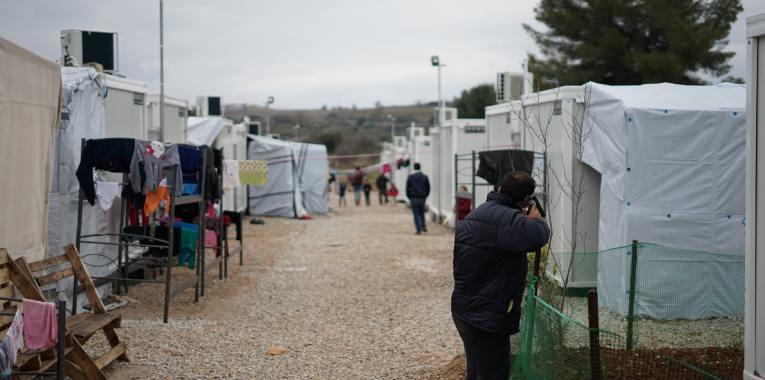Britain has left the European Union. The historic referendum has left the sitting government in hot water. Now, David Cameron has pledged to resign, the pound has dropped drastically, and the UK’s legislators are left with the daunting task of redefining themselves, as well as renegotiating with the rest of the world. For some, the day marks a reclamation of British democracy, whereby the people of the country now are free from the bureaucratic shackles of Brussels. For others, it marks a historical step back, sending Britain into isolation again with the prospects of recession on the horizon.
“What lies ahead is a monolithic task for British lawmakers to build an independent future for Britain, and forge a path to the future in law and trade.”
Indeed, Britain’s political scene will see great changes in the next few months. The Prime Minister lost his great gamble on the EU, announcing his departure from office by October. Meanwhile the likes of Nigel Farage and Boris Johnson are declaring independence day. Likely, they will play a large part in the new face of the government. The result has also prompted Alex Salmond to call for a second independence referendum for Scotland, stating that it is the result of “Scotland being taken out of the EU against our will”.
This is a result that has been brewing for years, as anti-Brussels rhetoric has been on the rise from both sides of the aisle in British politics. For years, the political scene in the UK has been fiercely anti-Brussels. Now, with growing austerity and pressure on immigration what was once rhetoric has turned into a reality. ‘Remain’ campaigners were sure to make clear the risks of Brexit, and warned of an immediate recession. This morning, the FTSE 100 index opened with an 8% plunge, along with the sterling. What lies ahead is a monolithic task for British lawmakers to build an independent future for Britain, and forge a path to the future in law and trade. It must, again, define itself as a nation.

Will Brexit be the end of the EU in general? Of course, this question has its roots not only in the rhetorical quips of the British government, but in the very structure of the EU itself. In the years to come, they will be facing referendum after referendum if they do not enact sweeping organisational reforms. Anti-EU rhetoric is high across many of the European countries and a fear is that this result will embolden nationalist movements across Europe, sparking more divide. Donald Tusk, President of the European Council has said that the European countries must meet to discuss the future of the EU and how they are to respond to the UK’s decision to leave. Facing disunity at historic levels both economically and politically, one thing remains clear: They must reform.
Britain’s history with the EU goes back to the Second World War. The European Coal and Steel Community banded together in the wake of WWII to align Europe economically to prevent the same kind of violent bloodshed. From then on it has created the common, and then single market, faced energy crises, dictators (General Franco, for example) and the environment. It has grown closer politically and in mutual defence, eventually establishing its own basis with the Lisbon Treaty.
“The EU must, too, redefine itself or face further disbandment.”
Britain joined the European Economic Community under the leadership of Conservative Prime Minister Edward Heath in 1973, supported by more than 67% of Britons in the 1975 referendum. The relationship was at times strained, with Thatcher pushing against a political union, and humiliation at “Black Wednesday”. But it also seemed to be growing ever closer, by way of Blair bringing the UK nearer to the Euro as well as enacting EU social protections. With all of its exemptions and powers in the institution, Britain will be invoking the Lisbon Treaty and packing its bags.
A project once known as ambitious and democratic has been widely labelled overbearing and bureaucratic. The future of the UK is at stake with economic and political pressures from within. The EU must, too, redefine itself or face further disbandment. We undeniably sit in times of ambiguity with regard to the future of both the UK and the EU. However, one thing is certain: There is a lot of work to be done.
Alexander Botashev
European Affairs Policy Centre President
King’s Think Tank











